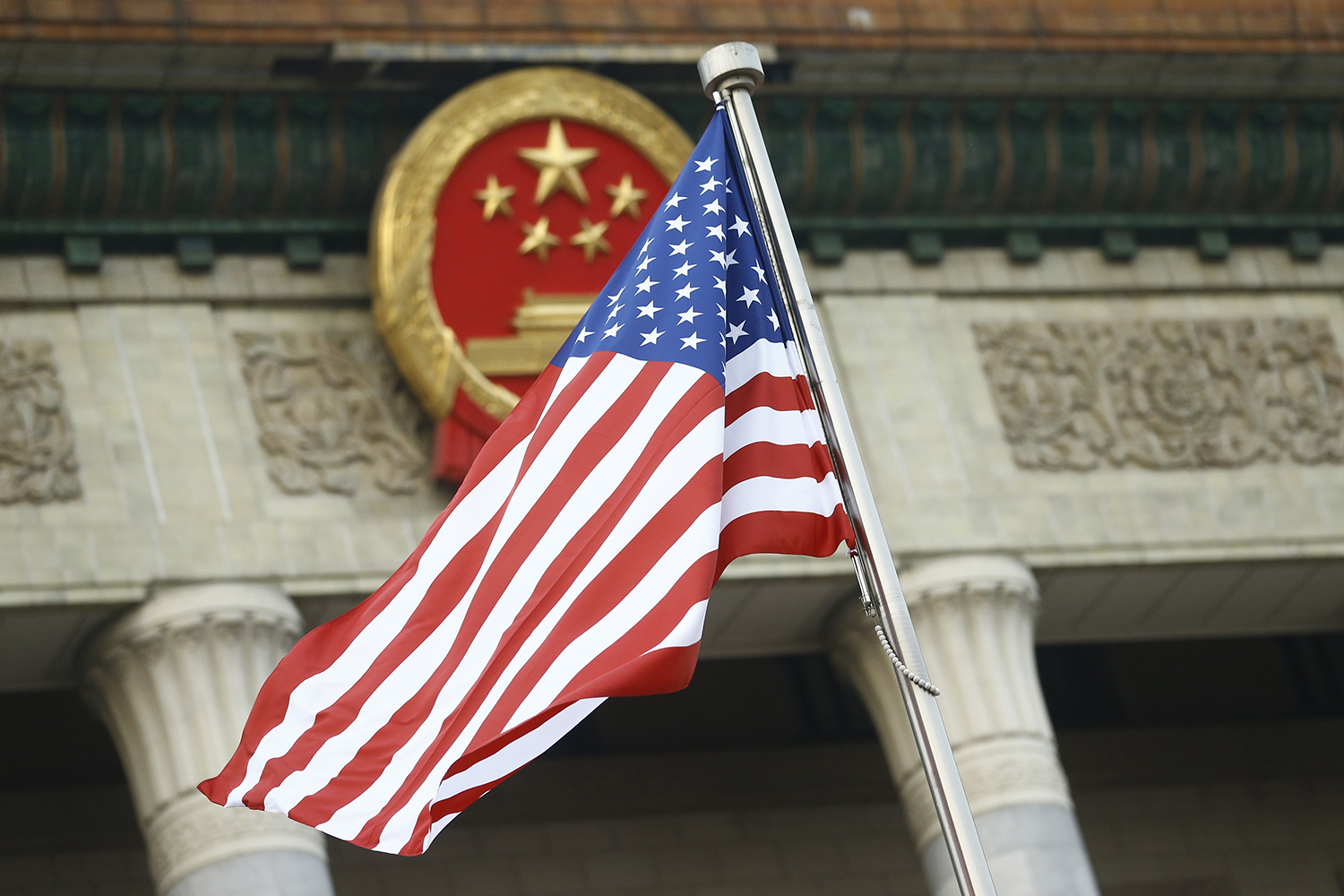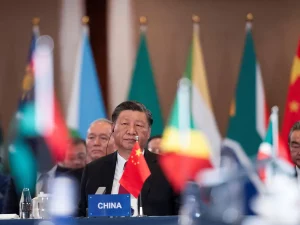- 4 June 2024
- 25
Chinese Hotels are Told to Stop Rejecting Foreigners

In recent years, China has seen a surge in international tourism, with millions of visitors flocking to its cities and attractions annually. However, despite this influx of tourists, some Chinese hotels have been accused of discriminatory practices, specifically targeting foreigners. Reports of hotels refusing to accommodate non-Chinese guests have sparked outrage and concern, prompting authorities to intervene. In response, Chinese authorities have issued directives instructing hotels to cease the discriminatory practice of rejecting foreign guests. This article will explore the reasons behind such discrimination, the impact it has on tourism, and the measures taken to address the issue.
The Phenomenon of Foreigner Rejection

The phenomenon of Chinese hotels rejecting foreign guests is not new. Reports of discrimination against non-Chinese individuals have surfaced sporadically over the years, highlighting a deep-rooted issue within the hospitality industry. Foreigners, particularly those of African or South Asian descent, have often been the targets of such discriminatory practices. Reasons cited for rejection range from concerns over language barriers to cultural misunderstandings and unfounded stereotypes.
Impact on Tourism
The discriminatory behavior of Chinese hotels not only tarnishes the country’s reputation but also has a significant impact on its tourism industry. China has been actively promoting itself as a global tourist destination, investing heavily in infrastructure and marketing campaigns to attract visitors from around the world. However, instances of discrimination against foreigners undermine these efforts, deterring potential tourists and damaging China’s image as a welcoming and inclusive destination.
Government Intervention
Recognizing the detrimental effects of discriminatory practices on its tourism industry, the Chinese government has taken steps to address the issue. In 2018, the Ministry of Culture and Tourism issued a notice explicitly prohibiting hotels from denying accommodation to guests based on their nationality or ethnicity. The directive emphasized the importance of providing equal service to all guests and warned that violators would face severe penalties, including fines and the revocation of operating licenses.
Implementation Challenges
While the government’s directive aims to eradicate discrimination in the hospitality sector, its implementation faces challenges. Enforcement mechanisms may be inadequate, allowing some hotels to continue discriminatory practices with impunity. Moreover, cultural attitudes and biases prevalent within Chinese society may hinder efforts to foster a more inclusive environment in the hospitality industry. Addressing these underlying issues requires not only regulatory measures but also broader societal change.
Comparative Analysis: Chinese vs. International Hospitality Standards
To better understand the extent of discrimination in Chinese hotels, it is instructive to compare their practices with international hospitality standards. The table below highlights some key differences:
| Aspect | Chinese Hotels | International Standards |
|---|---|---|
| Non-Discrimination | Some hotels have been accused of rejecting foreigners | International hotels typically adhere to anti-discrimination policies |
| Language Support | Limited English-language support | Multilingual staff and communication materials are common |
| Cultural Sensitivity | Cultural misunderstandings may lead to discrimination | Training programs promote cultural awareness and sensitivity |
| Legal Framework | Government directives aim to prohibit discrimination | Anti-discrimination laws are firmly enforced in many countries |
Conclusion
Discrimination against foreigners in Chinese hotels undermines the country’s efforts to attract international tourists and damages its reputation as a welcoming destination. While government directives have sought to address this issue, challenges remain in ensuring their effective implementation. Achieving genuine inclusivity in the hospitality industry requires not only regulatory measures but also concerted efforts to promote cultural understanding and sensitivity. By fostering a more welcoming environment, Chinese hotels can contribute to the country’s tourism development and global reputation.

